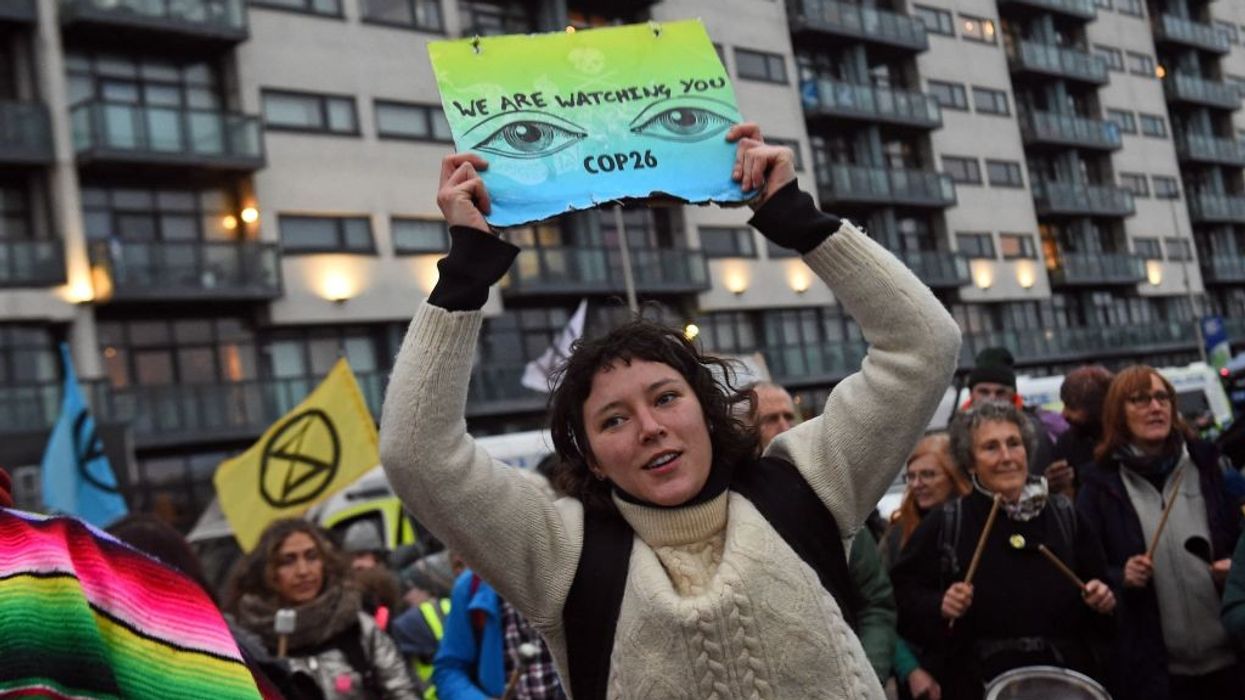INDIA on Monday (8) warned that the lack of a “serious approach” to climate finance will jeopardise planned mitigation and adaptation programmes as well as countries’ net zero pledges.
Climate finance cannot continue at the levels decided in 2009, India said last week, adding that it expected climate finance of $1 trillion (£740 billion) "at the earliest" in view of new commitments.
Richa Sharma who is the additional secretary of India’s ministry of environment is the lead negotiator for the country. Her comments came while delivering the BASIC (Brazil, South Africa, India and China) group statement at the joint stock take plenary at the 26th international climate conference in Glasgow.
Sharma said clear timelines and milestones were required to determine the exact magnitude of the new finance goal.
"Post 2020 mitigation ambition and net zero pledges require significantly enhanced climate finance. The exact magnitude of the new finance goal can be determined through a structured process, with clear timelines and milestones so that we have a new finance goal well before 2025," she said.
"It is a simple ask from many developing country parties. Yet, what we are getting is more workshops and in-session seminars to discuss the new goal. BASIC would like to warn that lack of a serious approach to climate finance will jeopardise the enhanced mitigation and adaptation ambition as well as net zero pledges of parties,” she said.
Sharma said in the interest of transparency and enhanced understanding, the BASIC countries also call for a mandate to SCF (Standing Committee on Finance) to work towards a multilaterally agreed, operational definition of climate finance.
"BASIC nations would also like to stress that the responsibility for climate finance, as mentioned in the convention, should be respected. The CF (climate finance) responsibility remains that of developed countries, towards developing countries,” she said.
In a statement, BASIC countries said they support “strong, and credible” domestic mitigation actions by developed countries without undue reliance on cheap offsets to maintain their high carbon, unsustainable lifestyles.
Sharma highlighted that cover decisions of COP26 should remain within the confines of the UNFCCC and the Paris Agreement and be consistent with its guiding principles of equity and Common but Differentiated Responsibilities and Respective Capabilities (CBDR-RC).
She said the planet will benefit from strong implementation of the Paris Agreement.
“Nations have responded to the ambition gap in mitigation with enhanced NDCs and net zero targets. Pledges and renewed commitments are on the table. We would not like to see the enhanced mitigation ambition meet the same fate as the pre 2020 climate finance ambition. It has been over a decade since the annual USD 100 billion pledge, and the world is still waiting for its mobilization and delivery,” the statement said.




